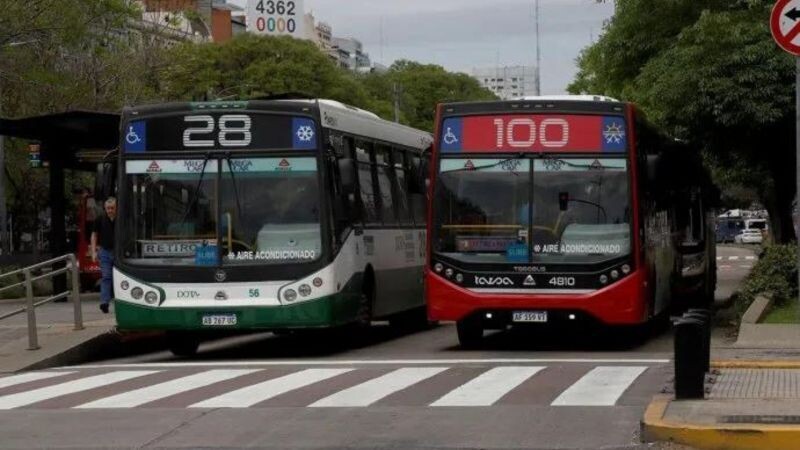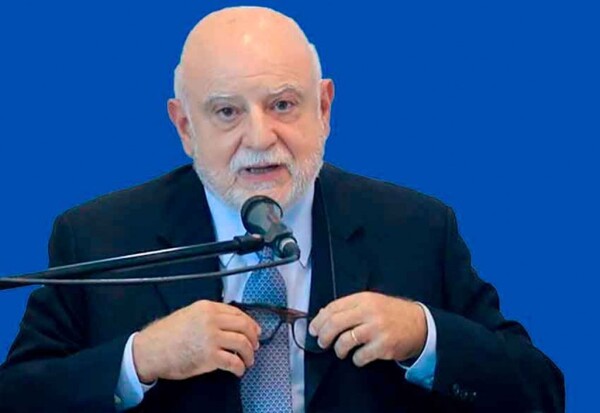
Thousands of workers and hundreds of Argentine entrepreneurs are waiting for an urgent response to their needs. They have expressed their desire to see their companies grow, update their vehicles, and meet all their labor, tax, and commercial obligations on time. The national government has agreed to meet, although they did not guarantee satisfying the business demands.
In this context, unions are also closely following these events and are already considering a new round of collective bargaining that would raise salaries above $1,200,000, the figure established for the basic salary in January. The UTA has confirmed that they are ready to begin negotiations starting February and that the existing agreement covers up to January.
The bargaining discussion could face obstacles from the Ministry of Labor, which has announced that it will not approve wage increases above 2%, as part of a new government strategy to prevent salaries from impacting inflation.
Finally, after several attempts to coordinate a meeting, the bus companies in the Metropolitan Area of Buenos Aires will be received by national authorities next week. In this meeting, they will present their claims related to the lack of funds to maintain the service and pay salaries, just days before resuming collective bargaining with the UTA.
"So far, we have not received any response, but on Tuesday the 28th, they will see us, and there may be progress on some point," confirmed one of the chambers in communication with El Cronista.
The companies' demands have been constant in recent months, particularly regarding the acknowledgment of previous increases, generating significant tensions in the labor field. Even when signing the last collective agreement, the employers expressed their difficulties in meeting wage increases, relying on the Government's willingness to adjust the current cost structure and ensure timely subsidies.
The Government's refusal to provide more funds and authorize a fare increase, with the aim of keeping inflation under control, has generated uncertainty in the passenger transport companies in the AMBA. Although payment of salaries has been completed, business chambers warn that the current situation is unsustainable and point to Luis Caputo as responsible.
In a letter addressed to the Minister of Transport, Franco Mogetta, the companies' concerns about the possible disappearance of services under the difficult operating conditions are highlighted. Authorities are urged to urgently address the situation and avoid further complications that could affect both workers and service users.














